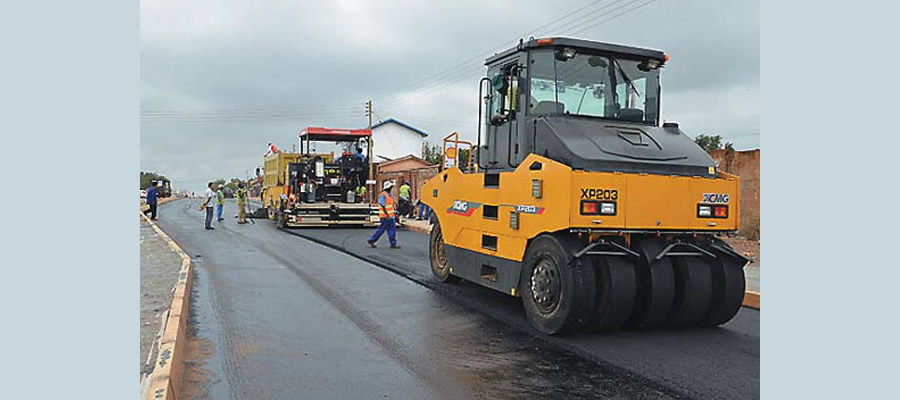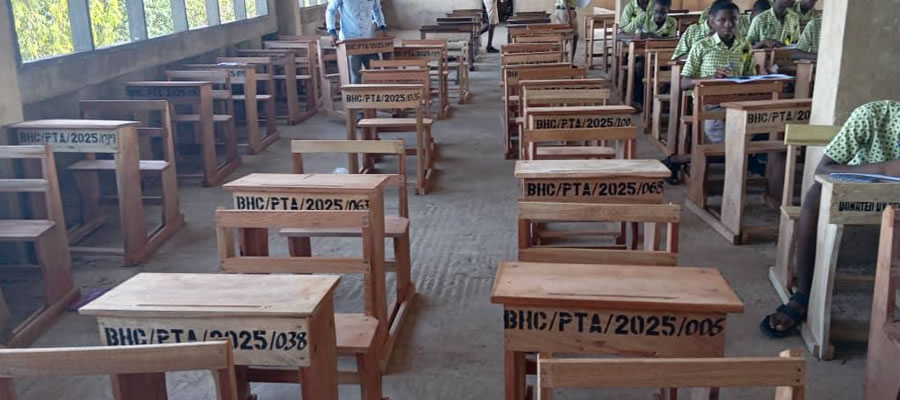

The Kpando District Assembly established by L.I. 1463 of 1989 was revoked with the passage of L.I. 1740 of December 2004 as a result of the carving out of South Dayi District from Kpando District. This was further revoked in 2012 when North Dayi District was curved out and the Kpando Distict Assembly was elevated to a MUNICIPAL Status with the passage L.I. 2073. In 2012 the Assembly is composed of 19 Elected Members and 11 Government Appointees representing 37% of the membership of the Assembly, the Municipal Chief Executive and 1 Member of Parliament from the constituency.
The Assembly is by Law the highest Political, Administrative, Rating and Planning Authority in the Municipality with deliberative, legislative and Executive powers. The Assembly has responsibility for the overall development of the Municipality. Below the Assembly are three Zonal Councils and Unit Committees in almost every community. The laws governing the operations of the Assembly are the 1993 Local Government Act, Act 462, the District Assembly Common Fund act 455 (1993), The National Development Planning Systems Act 480 (1994) and the Civil Service Law PNDC Law 327 (1993).
The General Assembly elects a presiding member from among themselves by two-thirds majority. He presides over the meetings of the Assembly for a Two year term. The Assembly has an executive committee presided over by the Municipal Chief Executive who is usually appointed by the President with approval of not less than two-third majority of members of the Assembly present and voting at a meeting.
L.I. 2073 spells out in greater details the specific functions of the Assembly in areas of Health, Construction, Rehabilitation, and maintenance, Agriculture, Roads, and Sanitation etc.
For the purpose of the work of the Assembly, and to subject the issues of belonging to a wider discussion, the Executive committees has Five (5) statutory committees composed of members of the assembly. These are as follows
• Finance and Administration sub-committee
• Development planning sub-committee
• Social services sub-committee
• Works sub-committee
• Justice and security sub-committee
Zonal Structures
The Zonal structures are becoming very important in the Local Government System with the Assistance of some donor funded programs like the DSDA II and the Community based rural development programme (CBRDP). The zonal structures are being reorganized to improve upon their skills in participatory planning, decision making, gender activities, economic and Political development.
Date Created : 11/21/2017 6:53:25 AM











 facebook
facebook
 X
X
 Youtube
Youtube
 instagram
instagram
 +233 593 831 280
+233 593 831 280 0800 430 430
0800 430 430 GPS: GE-231-4383
GPS: GE-231-4383 info@ghanadistricts.com
info@ghanadistricts.com Box GP1044, Accra, Ghana
Box GP1044, Accra, Ghana